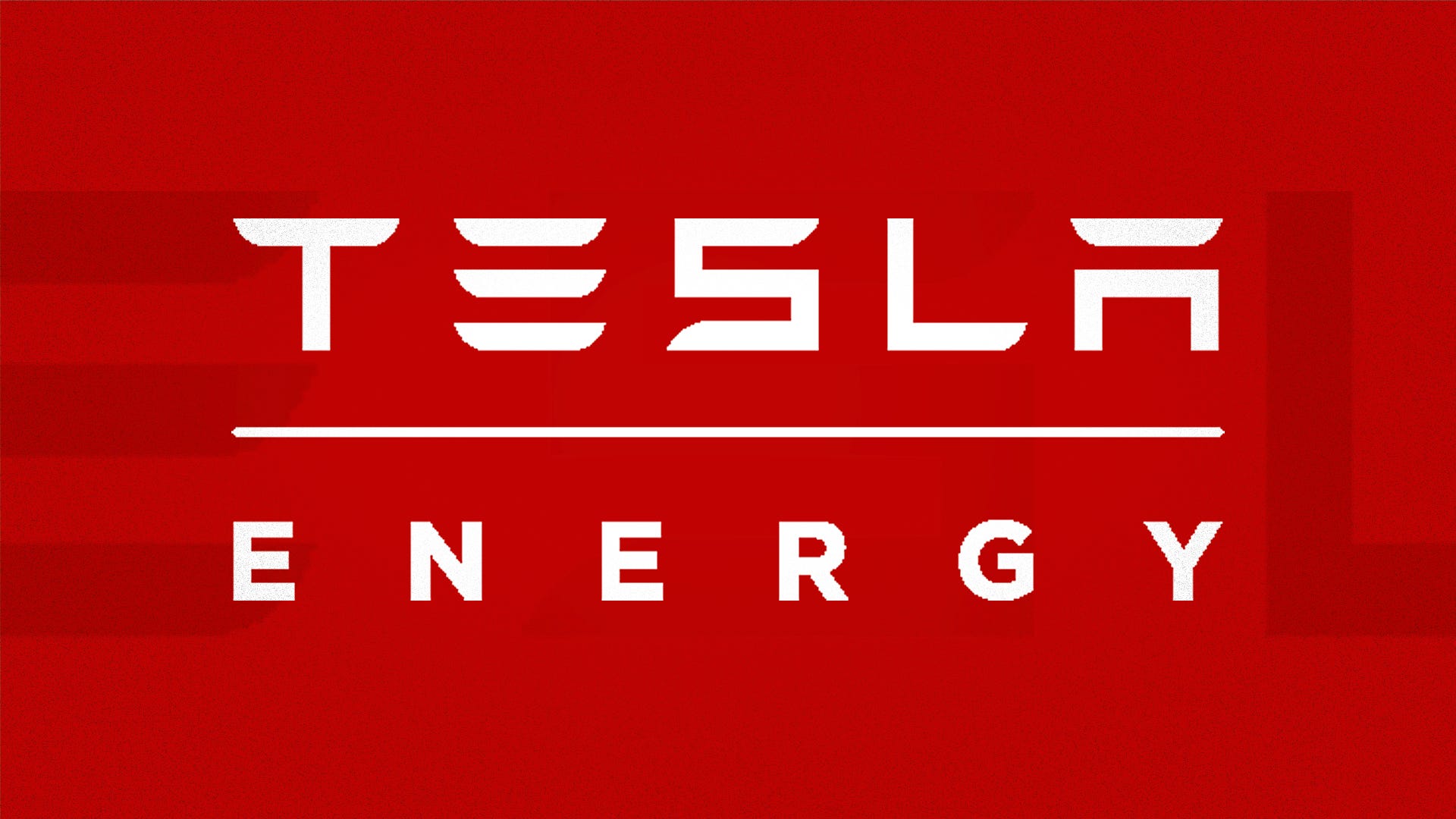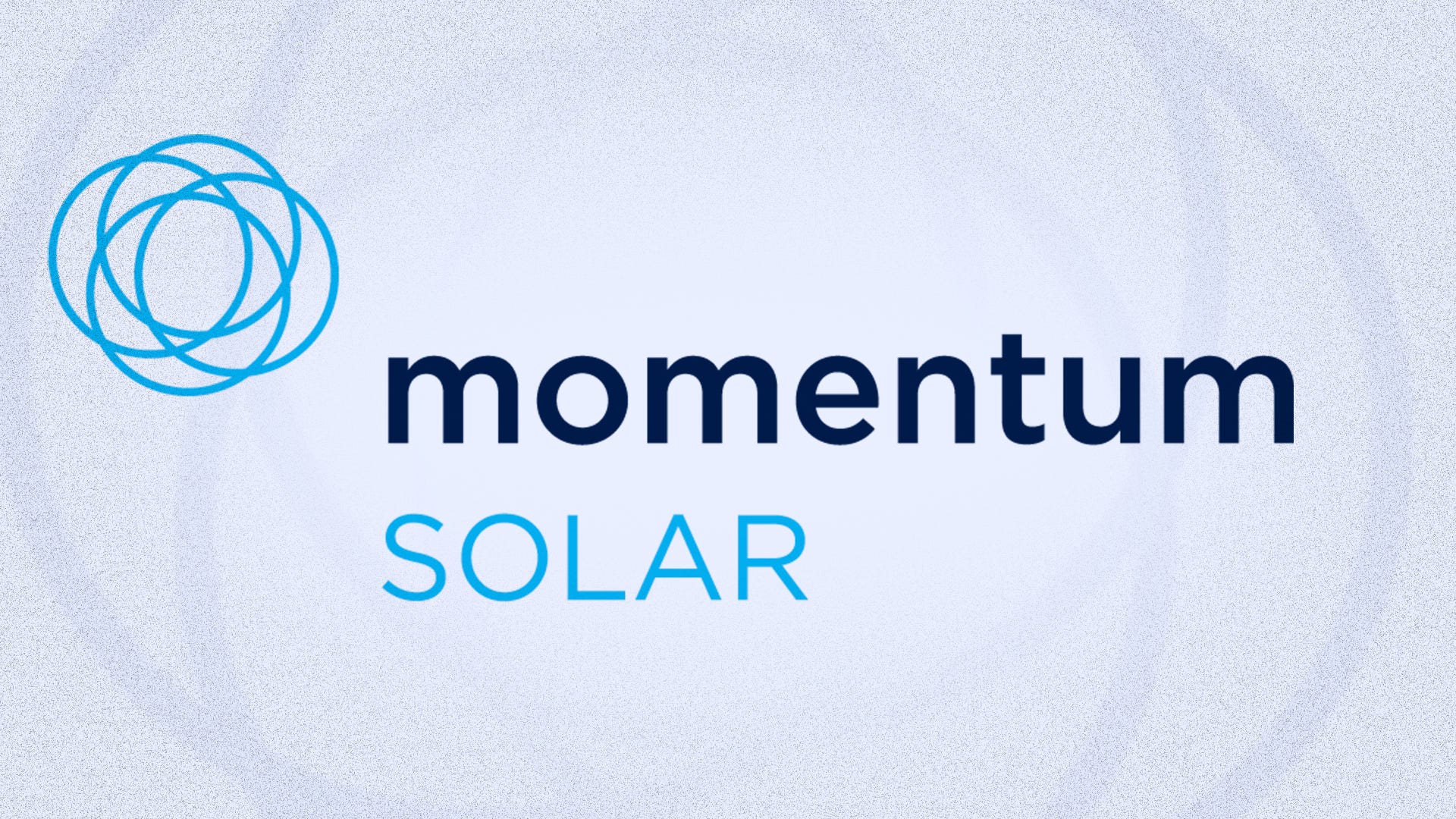Connecticut has some of the highest electricity rates in the US, but there are ways for you to slash your utility bills. You can start by generating your own electricity at home with solar panels.
Connecticut doesn’t get as much sunlight as states like Arizona and Florida, but the high energy rates mean the energy produced by those panels is worth a lot more to you. The average price of electricity in Connecticut was almost 28 cents per kilowatt-hour in August 2023, compared to less than 14 cents per kilowatt-hour in Arizona in the same month, according to data from the US Energy Information Administration.
Meanwhile, solar panels have gotten more affordable, and incentives like the federal residential clean energy credit make the math even better for those looking to buy solar panels. State-level incentives also help make clean energy in Connecticut a strong prospect, with legislated property tax and sales tax exemptions for solar panel systems cutting down your expected price tag.
Here’s what you need to know before deciding to go solar in Connecticut.
The best national solar panel companies in Connecticut

Palmetto Solar
Best overall
Solar panels are typically low maintenance equipment, but they’re also unfamiliar. If you want to reap the benefits of solar but will have a bit more peace of mind if someone else is making sure it’s working, Palmetto might be a good fit for you. Just remember to add the cost of Palmetto’s monitoring service in to your payback period calculations.

SunPower Solar
Best solar panels
If you’re looking for top-of-the-line solar panels, SunPower is your best choice. But don’t write it off if you’re looking for a less flashy installation that will get the job done. This year it started installing Qcells panels, which should make an installation from the longest-tenured company on our list available to more people.

Tesla Solar
Most affordable
Tesla’s solar branch seems to be the least loved of Elon Musk’s ventures. Even Tesla’s Solar Roof seems to get more love.
If price is the thing you won’t budge on, consider Tesla. By all accounts, Tesla installs quality panels and makes the closest thing there is to a household name in solar storage: the Powerwall.
Where you might miss out is customer service. Discussion online seems to suggest Tesla’s service is a bit of a gamble.

Momentum Solar
All in-house installers
Momentum installs in 11 states without using subcontractors. While using in-house installers doesn’t guarantee a better experience, it does suggest you’re likely to get a more uniform experience from Momentum. The fact that Momentum backs its installations with a 25-year workmanship warranty hints at a strong belief in its crews’ ability. If Momentum is part of your search, consider the warranties against leaks that other companies offer. Momentum’s is five years, which isn’t the best.
Local Connecticut solar panel installation companies
Since 2009, Green Power Energy has provided solar installation services in northeast states, including Connecticut, New Jersey and Pennsylvania. Its full-service team takes the process from design to installation and includes a 25-year warranty. Green Power Energy offers free quotes and is certified to install Panasonic solar panels and Enphase products.
Trinity Solar operates in nine US states and the company has completed over 67,000 home installations in Connecticut since expanding to the state in 2014. The family-owned company works with customers to design a solar system and installs name-brand products such as Qcells panels, SolarEdge inverters and Tesla solar batteries. In addition to the manufacturer warranty, Trinity offers a five-year quality-of-work warranty, shorter than most competitors.
How to determine which solar company in Connecticut is best for you
The best solar installer for your home is an installer that has experience with the type of solar project that you’re interested in. You’ll want to make sure your installer has experience working with the type of roof that you have, and the type of system you want installed, like grid-tied or off-grid.
“What a homeowner who’s interested in solar should look for in an installer is somebody who has experience working on the kinds of projects they are looking to have installed so that they work with the kind of roof the homeowner has,” said Ben Delman, a communications director with Solar United Neighbors, a clean energy nonprofit.
You should look for installers that are certified by the North American Board of Certified Energy Practitioners and have the proper licensing and bonding for their work. Reading online reviews can also help you get a better understanding of an installer’s reputation. A few places to look for solar company reviews are Google, Yelp and Angie’s List. Delman recommends looking for installers that have at least 20 to 30 reviews. If you know someone who has solar panels on their home, you can ask them for installer recommendations too.
Aside from certifications and reviews, there are a few other things to look for in a solar company. A good installer, Delman said, will be able to:
- Provide good word-of-mouth references
- Clearly explain the project and working deadlines
- Define technical terms in an easy-to-understand manner
- Be transparent about pricing and how system financing works
- Understand the local permit requirements and the process for system interconnection with the local power company
- Understand homeowners association restrictions and help you navigate and explain that process
A reputable installer should be able to answer any questions you may have, no matter how difficult those questions might be. Don’t be afraid to ask for clarification on any project and pricing details. To get the best price possible, make sure to shop around and gather multiple quotes. Delman recommends comparing at least three quotes before settling on an installer.
Just looking for an emergency backup? Check out our lists of portable solar panels and solar generators.
Cost of solar panels in Connecticut
Here’s a look at the average cash price for a typical solar panel system in Connecticut before factoring in tax credits and incentives, according to data from FindEnergy.com.
Average cost of solar panels in Connecticut
| Typical system size (kW) | Price per watt | Total installed cost | Cost after 30% federal tax credit | |
| Connecticut | 6 | $3.75 | $22,500 | $15,750 |
| National average | 8.6 | $3.67 | $31,558 | $22,091 |
This map displays the total cash price, cost per watt and system size for a typical solar panel system in your state, according to data from FindEnergy.com. The prices shown don’t factor in rebates or other savings from tax credits or state incentives. Certain states don’t have any FindEnergy solar data and are grayed out on the map.
Connecticut solar panel incentives and rebates
You can buy solar panels in Connecticut with an upfront cash payment or finance them over time with a solar loan. While paying for a system with cash or a loan will save you the most over time and give you access to tax rebates and incentives, solar leases and power purchase agreements are also available in Connecticut and offer lower upfront costs.
Federal and state incentives and rebates help make solar panels more affordable. The residential clean energy credit is a federal solar tax credit offering 30% towards the purchase of a solar system as a credit on your federal tax return.
Connecticut solar incentives
| Program | Description |
|---|---|
| Energy Conservation Loan Program | Receive a loan for up to $25,000 towards emergency energy efficiency home improvements, including renewable energy. |
| Property Tax Exemption | Renewable energy systems, including solar systems, are exempt from property taxes. |
| Residential Clean Energy Credit | Apply through the IRS for a 30% federal tax credit for solar systems installed from the beginning of 2022 through 2032. The credit decreases to 26% in 2033 and 22% in 2034 and, unless renewed, expires in 2035. |
| Residential Renewable Energy Solutions Program | Solar owners can select from two incentive rate structures to receive credits toward electricity bills and sell renewable energy certificates. This program replaced the state’s net metering program. |
| Sales Tax Exemption | Solar panel systems are exempt from sales tax in Connecticut. |
How to pay for solar panels in Connecticut
If you’re serious about going solar, take some time to weigh all your options and find the best buying method for your situation. Here are a few common ways to pay for your solar panels.
Cash: If you’ve got room in your budget, paying for your solar panels with cash is your best option. There won’t be any high financing fees or interest rates to worry about, and you’ll always be elegible for tax incentives and rebates. If you have plans to go solar in the future, consider saving up in a high-yield savings account, which will help you generate more money over time.
Solar loan: Solar providers usually offer financing options for solar panels, often called a solar loan. These loans are typically overseen by a third party, so carefully inspect any associated fees and interest rates.
Other loans: If cash isn’t an option, you have other financing options. You could take out a personal loan with your bank or open a home equity line of credit. However, if you do choose to go with a HELOC, be aware of the risks. If you can’t pay back what you owe, your home could face foreclosure.
Lease or power purchase agreement: If you aren’t interested in solar panel ownership, you can sign a solar lease or enter a power purchase agreement. A solar lease means you pay for the use of a company-owned system. Entering a power purchase agreement means you’ll pay for the electricity generated by a company-owned system at a fixed rate. This rate is usually lower than the retail rate provided by the local utility company. Ask your solar provider which options are available for you.
Installation factors to consider
When determining if installing a solar system is right for you, keep in mind the following five things to consider.
Neighborhood and home owners associations: Connecticut doesn’t have laws prohibiting homeowners’ associations from banning solar panels. Before installation, review your HOA or other neighborhood association rules regarding solar panel systems and their placement.
Access to sunlight: Solar panels will generate less energy if your roof is shaded by trees or other elements most of the day. Solar panels start to make financial sense when they get direct sunlight for at least 4 hours a day.
Home insurance: Communicate with your homeowner’s insurance agency to ensure solar panels are included in your policy.
Do you rent?: Renters have less decision-making power than homeowners when making property changes. Community solar programs are a great option for renters as a subscription-style service from companies like Arcadia.
Roof condition: A certified installer should inspect your roof before finalizing your system placement and installation. The installer will recommend any needed maintenance and repairs before your system is installed.
How we evaluate solar companies
The companies we listed above as “the best” are curated from CNET’s best solar companies list. Companies making the best list are scored on the equipment, warranties and customer service they offer. Then, we make sure these recommendations are available in your state. You can read a full breakdown of how we review solar companies here.
Companies listed under the local installers were chosen in a less rigorous way. We chose them because they offered something unique or notable to customers in the state, they seemed well-regarded by internet reviewers or because they were one of the few installers we could find information on in the state.
Whether we’ve completed a full review on a company or not, it’s always a good idea to get multiple quotes from different installers before choosing a company.
Connecticut solar power FAQs
Are solar panels worth it in Connecticut?
Yes. You can save money on electricity bills by powering your home with green energy. Connecticut has one of the highest electricity rates in the US, and installing solar panel systems will likely reduce your electricity costs.
Does Connecticut have a solar tax credit?
Yes and no, the state itself does not have tax credits but has programs to reduce costs, such as property and sales tax exemptions. Additionally, Connecticut residents may apply for the clean energy credit from the federal government. The solar tax credit is a 30% credit on solar panel systems bought from the beginning of 2022 through 2032.
How much do solar panels cost in Connecticut?
$37,856 is the average cost of solar panels in Connecticut for a 10.79 kW system. The total cost for your system will depend on the number of panels needed, location, roof repairs and other factors. We recommend getting quotes from multiple companies and educating yourself on solar scams before making a final decision.
Are all solar panels the same?
They aren’t. Some panels are more efficient than other models. You can also get solar shingles, which look more like a traditional rooftop.






















+ There are no comments
Add yours